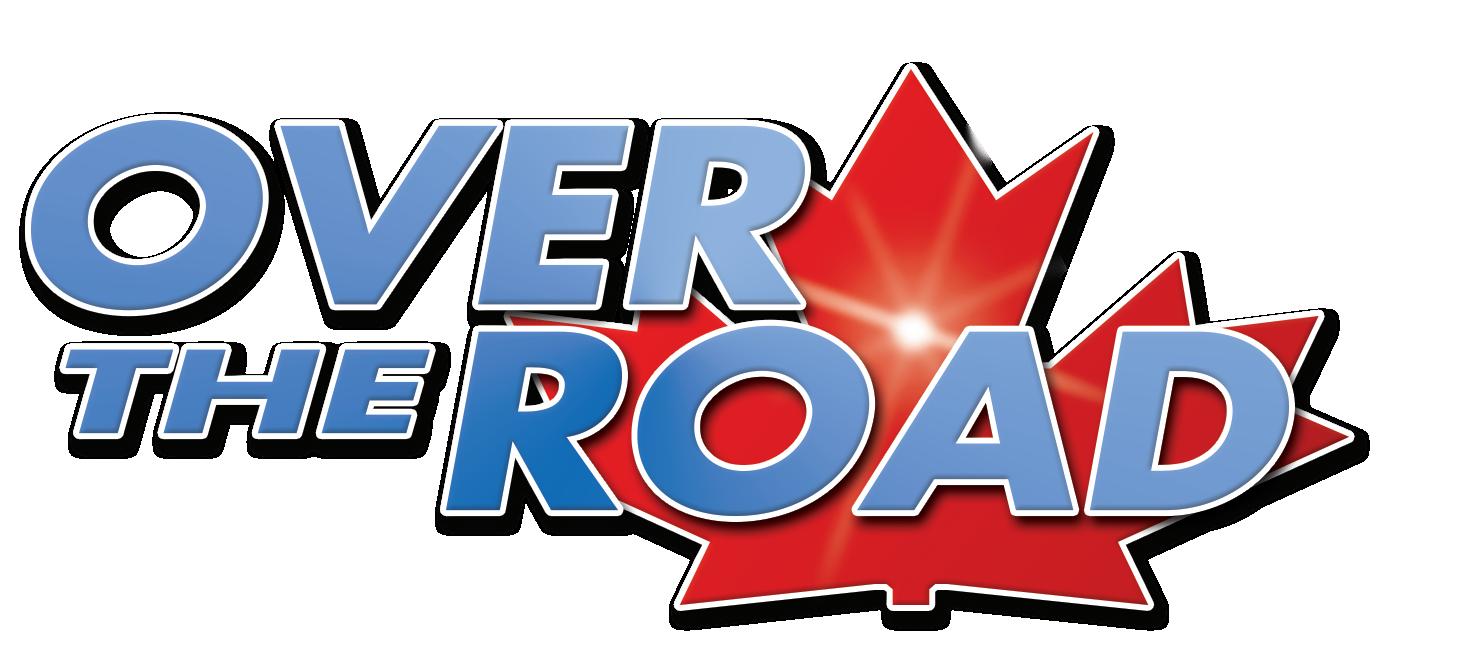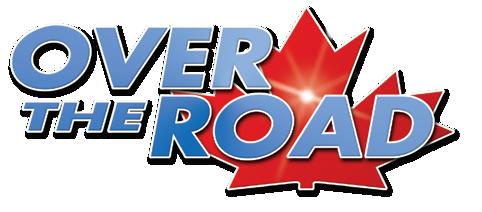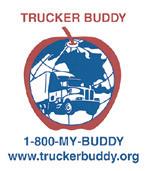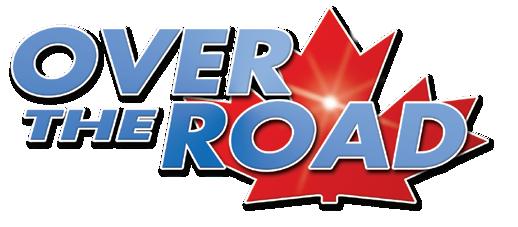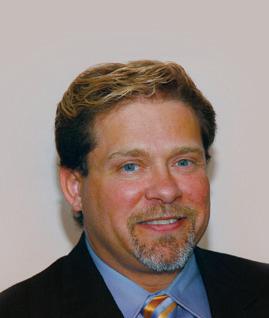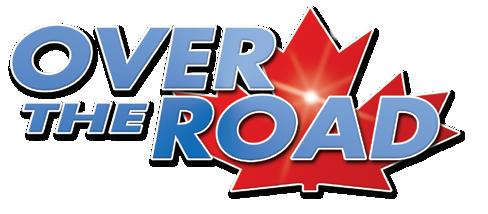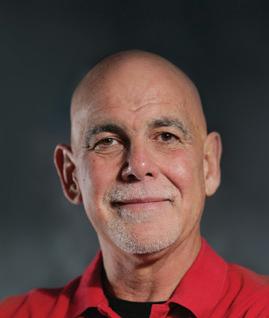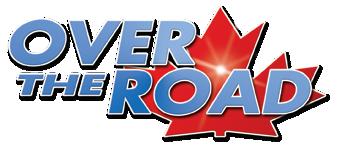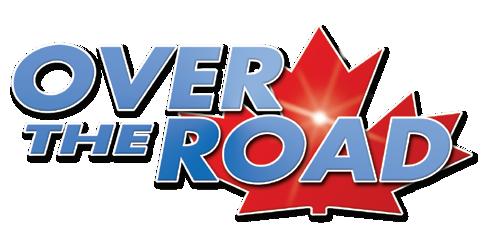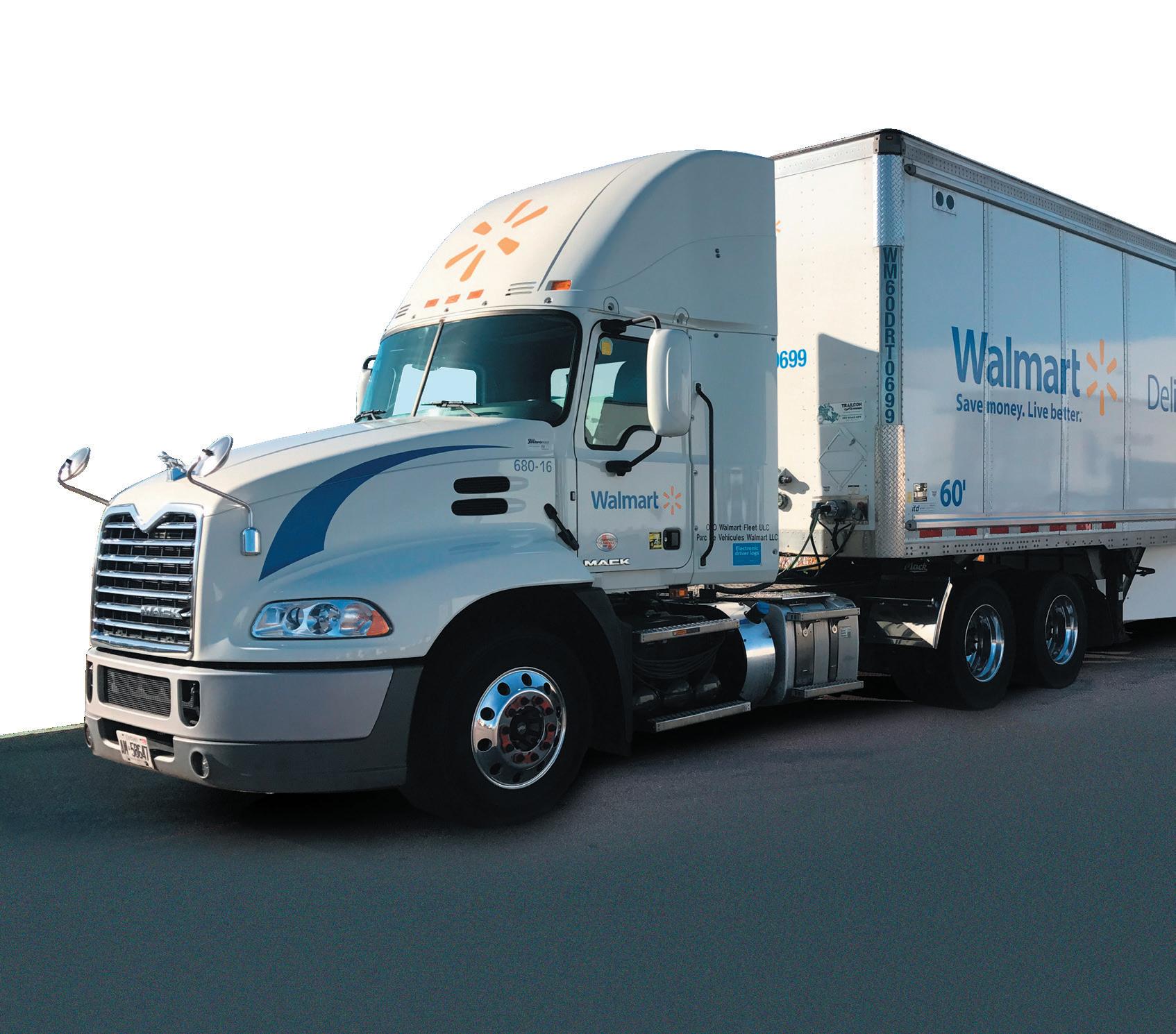1189694 Ontario Ltd. C.O.B. as Over The Road
Publisher Peter Charboneau peter@otrgroup.ca
Director of Operations & Editor-in-Chief Cathryn Charboneau cathryn@otrgroup.ca
Account Executive Luke Zentil luke@otrgroup.ca
Account Executive Earle Madden earle@otrgroup.ca
Graphic Design & Advertising lennykuiper.com lennykuiper@gmail.com
Controller Estela Navarrete estela@otrgroup.ca
Office Manager Mary Charboneau mary@otrgroup.ca
All advertisements, and/or editorials are accepted and published by Over the Road on the representation that the advertiser, its advertising company, and/or the supplier of the editorials are authorized to publish the entire contents and subject matter thereof. The advertiser, its advertising company, and/or the supplier of the editorials will defend, indemnify and hold Over the Road harmless from and against any loss, expense or other liability resulting from any claims or suits for libel, violation of privacy, plagiarism, copyright or trademark infringement and any other claims or suits that may rise out of publication of such advertisement and/ or editorials. Press releases are expressly covered within the definition of editorials.
Great
Minimum
Robert D. Scheper
Operators Are Low Paying Freight
Many Operators believe their Accountant is the best… they’ve been told their Accountant gets all the latest CRA updates before anyone else and they know everything about lowering taxes. The confidence they show towards their Accountant is very impressive. However, how much of that “confidence” is based on fact and how much on ignorance? (please don’t take this personally).
Being an Independent Operator in Canada is a special career field. Hauling 80,000 pounds across our country is no small task. It requires skills and training like very few careers do. Safety in winter and navigation in hazardous conditions are the norm in the life of an Independent Operator. The industry is truly a profession in society. However, driving truck does have its limits; there are not many clear paths of upward mobility. 80+% of the skills can be acquired within a 2-year period. The earnings difference between someone in the industry 2 years verses 30 years is hardly 30%. Earnings can very easily “plateau” and not advance over years. Due to this general impression, the occupation has often been considered “capped” or a “dead end job”.
Accounting is a very different profession. There are those in their basement preparing taxes one client at a time and there are highly specialized Accountants in very lucrative and technical positions. The amount of education and training can range from “self-trained in a weekend” all the way to 7+ years of classical training with 10+ years of experience.
Earnings in the Accounting industry vary as widely as the training. Preparing taxes in a basement over the weekends can bring in $40-60 per hour… maybe even $100. Highly trained Accountants don’t start their car for less than $800-1200+ per hour. Only certain kinds of clients can pay $1000+ per hour for an Accountant. The Independent Operator industry is NOT one of those clients.
Operators must understand that, to an Accountant, the Independent Operator industry is ‘Low Paying Freight’. It is labor intensive, and low margin. Operators generate 25-80 pages of paper per month. Each page must be entered into an accounting program, transaction by transaction, month over month. It can take anywhere from 2-8 hours per month per client or 20-90 hours per year. The average Accountant can invoice an operator only $2500-3000 per year, that’s only $25-150 per hour.
If we all understand supply and demand, we must acknowledge that the high paying Accountants rarely, if ever have Independent Operators as clients. A firm may hire people off the street for a basic wage to do all the work for an Operator, say $20-40 hour and possibly contribute to the firm’s profit, but very few highly educated Accountants even entertain Independent Operators. Remember, you are ‘Low Paying Freight’. If an Accountant is desperate to serve the trucking industry, the assumption is, they are desperate… and you will get what you pay for.

This means that an operator who brags that his Accountant is “top in Class” doesn’t know his true value as a client. Either his file is given to an employee off the street, or the Accountant is “All Hat - No Cattle” (as the Texan’s say). Please don’t get me wrong, I’m not here to insult anyone. Serving the Independent Operator industry for the last 30+ years has been an honor and a privilege; it’s been a career I would do all over again. But I could have made much more money in other industries. In fact, I was offered a lot of money many years ago, but I declined. I like what I do, I like the people I serve and work with… I’m sorry… but I’m just weird that way. I’m not in it for the bucks.
Choosing the right Accountant is about receiving the highest VALUE for the services you need. How much taxes can you save over what fees you pay? I talked to a guy the other month who was getting his Accountant to pay for his personal hydro bills, home insurance and tire repairs on his car. That’s a lot of service… he was paying his Accountant several hundred extra dollars a month for about 1-1.5 hours of work. In my opinion that deal brought very low value to the Operator. It was work that he easily could have done while on the road or with a little fore thought.
Since February 2024 I have interviewed well over 450 accounting firms from coast to coast in Canada. Here are the stats. 90% of firms that serve Operators use a desktop system, many but not all offer e-mail services for sending paperwork (less than 5% of firms are interested in digital online services). Very few NON-CPA firms specialize in serving Operators (less than 10% have 20+% of clients as Operators). Most CPA firms (95%) do not solicit Operators for clients, many do not even accept them. Accounting firms only serve Operators when
there seems to be no other choice in the local market. When something more lucrative comes along… Operators are left in the dust. In other words, YOU are ‘low paying freight’.
Don’t take it personally; make your choice of an accounting firm wisely. Look for VALUE and industry commitment and above all avoid the liars (those who lie on your behalf to CRA). False returns take YEARS to recover from if reassessed, and frankly cheaters never win in the long run. You are in a business to build after tax wealth honestly and you need to have someone who knows how to do that legally and consistently.
I have a whole chapter on choosing an Accountant in my first book “Making Your Miles Count: taxes, taxes, taxes”. Check it out or listen to some of the 200+ PODCASTS we have posted in the last year. Make the best choice with the best information. Research, Research, Research!
About the Author:
Robert D. Scheper is a leading Accountant and Consultant exclusively serving the Lease/ Owner operator industry in Canada. His first book in the Making Your Miles Count series “taxes, taxes, taxes” was released in 2007. His second book “Choosing a Trucking company” is the most in-depth analysis of the independent operator industry today. He has a Master degree (MBA) in financial management and has been serving the industry since he and his wife came off the road in 1993. His dedication, commitment and strong opinions can be read and heard in many articles and seminars. You can find him at www.makingyourmilescount. com or 1-877-987-9787.
CHECK OUT THE PODCASTS AT “YOUTUBE. COM/@MAKING YOUR MILES COUNT”
SEARCHING FOR A TRUCK DRIVING JOB BUT DON’T KNOW WHERE TO LOOK?
Get into a job you enjoy by searching through hundreds of driving jobs across Canada and the US!
Drivers and Owner Operators, apply to leading trucking companies in minutes! It is absolutely FREE, easy and simple to use. Check it out today!
Ray Haight
What is a performance coach, and should I have one?
In the past few years, I have been working with senior leadership of various trucking companies in the truckload sector to help them accomplish their personal and corporate goals.
that succeed. The mentor also walks a delicate line through this whole process, a fine line that guides and encourages others to find potential solutions to issues, one that one-ups the mentee’s trauma and minimizes their challenges.
As with all of you, I have had many mentors. These folks we have emulated came to us through either formally defined roles, or people we parroted because of behavioral attributes we admired and wanted to add to our personality traits, which includes family and other business leaders etc. I still reflect on these people and their contributions to my career, often feeling nostalgic and appreciative of their influence.
My journey as a coach has been deeply rewarding, not the least of which is because I have experienced firsthand the personal growth and empowerment that comes from coaching. In my previous leadership role, I was guided by a capable coach who helped me identify and address my own perceived weaknesses. This experience, rooted in trust, has empowered me to embrace my various roles in business and, most recently, as a coach, as I attempt to share what I have learned with others.
Once a person enters the mentee role, they quickly realize that they are not alone in their multiple issues; that others can relate, and that others can offer firsthand experiences
My personal weakness was feeling subservient to the people I needed to be around as a small business owner. I dropped out of school at 16 and began driving a truck for my father, who had three trucks when I was 18. I could have easily stayed a driver for the next five or six decades. I often wonder how that might have played out had my dad not passed away. My Mother was gone before his passing, and now I am 23 years of age, I have three trucks, and I must figure out what to do. No Boo Hoo’s here. I’m just setting up the impact of how a good coach set me straight and cleared my head.
Fast-forward ten years and many challenges and I am now a partner, President and COO of a 250-truck fleet. There are many moving parts in this size of company, and I am putting in many hours, week after week and feeling the strain. I took on a coach and experienced two epiphanies that shaped the rest of my life, my career in trucking and beyond. My coach slowly and methodically revealed each new concept in such a way that I could comfortably absorb and believe. He also did each in a select order to mesh nicely with each other.

The performance coach quickly realized that my self-confidence was low, but my belief that success would come my way was high. He drilled into me that common sense was my driver and inner strength. That the suits that came as a necessity were not so inclined to take the risk that comes with running your own business. So, I began to look at exchanges with bankers and insurance companies in a different light. I was not so defensive; I began approaching these interactions more confidently. These interactions became much less stressful. At that time, I needed that paradigm shift and a strong boost of self-confidence, and my performance coach gave that to me.
My next epiphany came in the form of a mandatory course for all our senior managers that he recommended. It is called Management by Responsibility written by Dr. Michael Durst. It is also known as Taking Personal Responsibility in Developing Excellence: PRIDE.
The crux of the teaching was that taking responsibility for each and every exchange in your life is the only true way to move forward; corporately and individually. I have explained this concept during retention workshops over the past decade. If your company has a high turnover, you need to own it because you did everything right to set up where you are. If you allow the blame game to enter your situational analysis, you will never get on top of it. You cannot say to yourself, it’s operations’ fault, safety’s fault, recruiting’s fault! It is the destructive nature of drama that many companies cannot seem to make their way out of, they get stuck there, and there they stay.
A company can only progress towards its objectives if the entire senior management has the maturity to grasp the concept of
personal responsibility. The holy grail is called the responsible level. At this point in personal development and company culture, everyone is on side to accomplish the common goal; no one is looking for bad guys when things go wrong. The workforce is laser-focused on accomplishing its objectives. I won’t go too deep into the woods on these concepts. Please leave it to say, this training changed my entire perspective on my management style, family, friendships, relationships etc.
Many would bristle at the thought that they may benefit from a coach; I can only express my experiences. Discussing business challenges and asking for feedback on potential paths forward were life changing. I hope my words help you decide if utilizing a coaching resource might benefit you and help secure your future objectives.
Leadership in any capacity can be a lonely lifestyle, but it doesn’t have to be. Many of us strive to get ourselves into these positions only to discover that they aren’t what we expected. Shakespeare wrote: “uneasy is the head that wears the crown” in 1597. You are certainly not alone in your challenges. If you feel this way more than you would like, I suggest you may be a prime candidate for the support a performance coach could provide.
Safe Trucking
Ray Haight
519-820-1632
rayhaight.com
“Greed is wanting the benefits of community without contributing to it.”
Can We Raise the Bar?
SAFETY DAWG
Chris Harris
There is a movement within the transportation industry to try to have truck driving recognized as a skilled trade. This has been talked about for many years. In the past, the Ontario government even had a “voluntary apprenticeship program” and some trucking companies did participate in this program. There was also some government money available to those companies who participated. Unfortunately, the participation among carriers and drivers was low and the money soon disappeared. So here in Ontario, the voluntary apprenticeship program dwindled, shrivelled and disappeared.
There is now a new national group that is trying to drum up support from the industry. They held a meeting on August 15th in the Toronto area, and it is my understanding that other meetings across the country are planned. The driving organization is the “Professional Truck Training Alliance of Canada.”
The first question I have is, do we Drivers and Owner Operators need to be seen as a skilled trade? Do we need to be treated the same as a hairstylist, electrician or carpenter? Some other ‘skilled trades’ are bakers, cooks, drywall finishers and plasterers. Most of the professions I have just listed can’t kill people. I guess a cook could be the exception, but it would be very rare for a cook to kill people. It would also certainly make the news!
A truck driver has a very dangerous job. Being a truck driver is always listed in the top 10 most dangerous professions. It is dangerous because of the chance of a collision. Vehicle accidents can cost the truck driver their life, but most often, crashes cause
others to lose their lives. Think of the car occupants, cyclists and pedestrians that we share our roads with. As truck drivers, our interactions with our environment can cause death.
As a truck driver, you need a great deal of skill to navigate without a crash during the many miles that you drive. You need to learn about all the different equipment plus loading and off-loading skills. You are required to know about load securement, hoursof-service and so much more.
Currently in Ontario with the MELT program of training, you receive 103.5 hours of training and then you will still need to get your air brake endorsement. The air brake program is about 10 additional hours of training. Other provinces are offering about 120 hours of training to become a licenced Class 1 or Class A truck driver.
Did you know that to become a Red Seal Hairstylist takes approximately 3,500 hours? This is made up of 480 hours of in-school training and 3,020 hours of on-the-job work experience. The work experience is about 2 years of on-the-job training under the supervision of a skilled worker or trainer.
I know that being a hairstylist is very skillful. But is it more skilled than an operator of an 80,000-pound truck and trailer? And the driver of the truck can kill people with a mistake. Certainly, being a professional truck driver needs more training than a hairstylist.
I think it’s clear that we need to make truck driving a skilled “Red Seal” recognized trade. Reach out to the Professional Truck Training Alliance of Canada and let your voice be heard. https://www.pttac.ca/contact. Let them know if you support their goal of making truck driving a skilled trade.
Be Safe
Chris Harris
Top Dawg, Safety Dawg Inc. 905-973-7056
chris@safetydawg.com
@safety_dawg (twitter)

